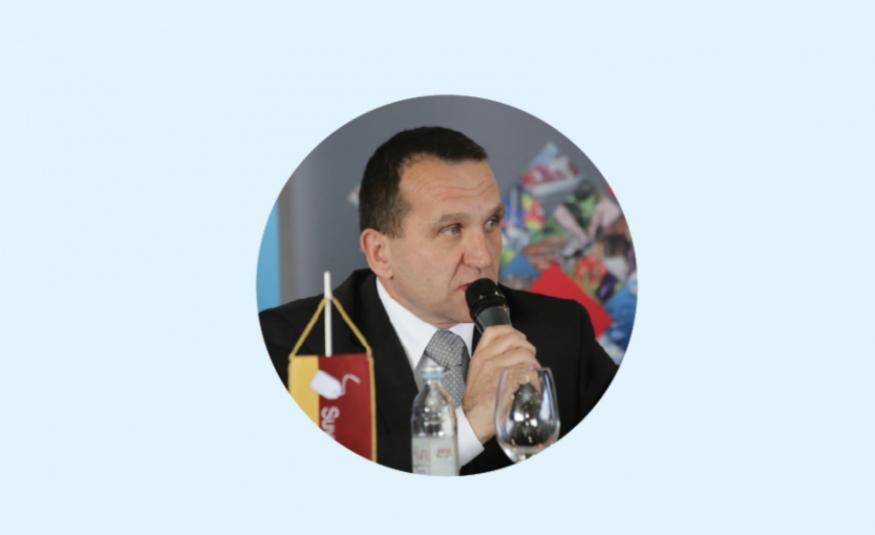Central and SE Europe is ready for event industry reopening, says Berislav Čižmek.
Central and South Eastern Europe is a region with a long tradition of organising international tradefairs and other events, including, recently, music festivals, which have helped attract extra visitors to the Adriatic coast.
Tradefairs, conferences and other events have been on an upward trend over the last five years in the region as economies there recovered from economic crises, supported by EU funding and increased foreign investment.
Strong support to this region has been evidenced also from the Chinese One Belt One Road initiative.
From 1 January 2020 Croatia took over the EU Presidency and a challenging agenda including the Budget for EU Framework 2021 – 2027. The Covid-19 crisis was just one additional challenge.
Despite the general decrease of GDP due to Covid-19, put at 4–9% across the EU in 2020, there are estimates for an increase of GDP in 2021, with Croatia expected to grow its GDP by 7.5% in 2021.
Lockdown
The event industry players in CE/SE European mostly postponed or cancelled all tradefairs, conferences and other events planned to take place in the period from March to June 2020.
Postponements were mostly made into the autumn period (and even some events moved to 2021).
Most companies in the region were able to apply for governmental support and loans for liquidity. The event industry has shown a high level of social responsibility, with many exhibition and event venues (Zagreb and Split Sport Arena, TIF-Helexpo in Thessaloniki, Messe Wien, Novi Sad Fair and Belgrade Fair among them) transformed into temporary hospitals/ logistic centres/shelters for homeless people in the effort to support the fight against the Covid-19 crisis.
Looking ahead
Event professionals in the region have certainly been challenged by the Covid-19 crisis, however they are very confident about the prospects for recovery of the industry. Many organisers are planning to start with B2B events after the summer break, mostly in Q4 2020.
They will continue to promote the region’s opportunities for the event industry, and these include:
• In most countries of Central/SE Europe the number of infected people and deaths is lower than in Western Europe/USA and the crisis has been well managed by governments
• Tradefairs/B2B conferences will be very important marketing platforms for the fast recovery of the economies and especially SMEs across Europe
• There is excellent international organiser expertise and longstanding relations with the international business community
• Due to travelling restrictions, especially in air transportation, national and regional events accessible by car will recover faster than large international events where the audience usually comes from far-flung points of the globe
• Regional event professionals are ready for a market that will be expecting different digital and innovative services for clients to be in place for future events
• Working to provide the highest safety/hygiene standards for international events based on the success stories from recent events organised in China and South Korea.
A first positive sign for the industry in the region came at the beginning of May when the Association of the German Trade Fair Industry (AUMA) succeeded in lobbying the German government to separate trade fairs/B2B events from other ‘mass gatherings’ and to get approval to organise B2B events from 30 May, 2020.
On 13 May the European Commission gave its guidelines for tourism and transportation inside the EU, an important step followed two days later by an announcement by the Slovenian government that its Covid-19 pandemic is over.
The event industry in Central/SE European has a strong market position and excellent relations with national governments, the local and international business communities (chambers, associations, media) and will be able to adapt to the challenges ahead.
However, most organisers are aware that the New Normal for the event industry will put them under pressure. It will mean they need to fast develop new digital services amidst new competition from business associations, media companies or start-ups that will seize the opportunity to enter the event market with digital events and innovative services.





